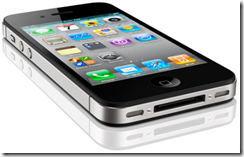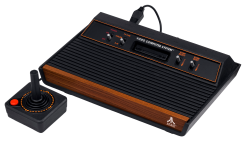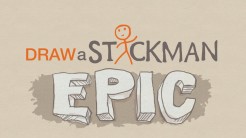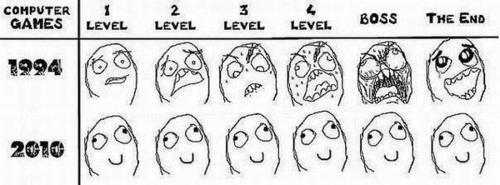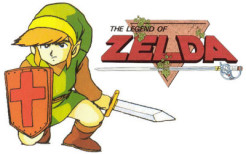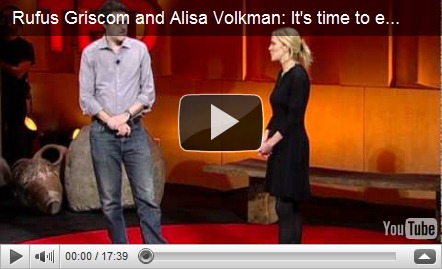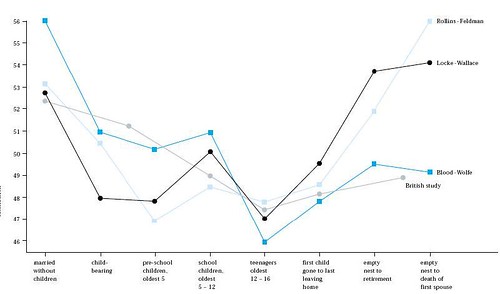My toddler is a crack addict. Even worse, your Amber Alert system is still operating in 1997.
/My wife and I took our daughter to a local grocery store on Saturday morning to register her for the Amber Alert program.
In order to register a child for Amber Alert, the child’s height and weight is measured and a headshot of the child is needed.
My daughter despises all three of these activities.
This made it both amusing and frustrating to listen to the two Amber Alert volunteers attempt to coax my daughter onto the scale and in front of the camera.
First they attempted bribery, offering Clara stickers, candy, coloring books, a balloon and the promise of more candy if she would comply.
Bribery does not work on my daughter. She places little value on material possessions and simply cannot be bought.
You should have seen the look on the volunteer’s face when Clara rejected the balloon. I’m not sure if she had ever seen a child reject a balloon in her life.
Then they attempted to exert peer pressure, explaining how all the other children had stood in front of the camera.
Peer pressure also does not work with my daughter. She was quite happy for her friends when they all became potty trained but this did not influence her desire to become potty trained in any way. She simply does not care what other people are doing or thinking about her.
Then they attempted to rationalize with Clara, explaining the importance of this program and the ease by which the process would be completed. I stopped the woman before she could finish her first sentence.
“My daughter is three years old,” I said. “No amount of rationalizing is going to work with her. You are only giving her unnecessary warning about we are about to do. Surprise is our only weapon here. Think of my daughter as a crack addict. Would you try to rationalize with a crack addict about the dangers of drug use? Same rules apply here.”
The volunteer, who is also probably a mother, did not seem to appreciate the comparison of my daughter to a crack addict, but I thought she was equally insane for trying to explain the benefits of the Amber Alert system to an entrenched three year old .
In the history of human civilization, has any entrenched toddler ever said, “You know what? You’re right. This is important. I’m sorry for not realizing it sooner.”
Here’s a better question:
Why does the Amber Alert registration process require me to meet volunteers with a laptop and camera outside a grocery store on a Saturday morning to complete a process that I could have done at home in a fraction of the time?
Even more important, my daughter’s height and weight will be different by Thursday. How is this system going to assist in locating my daughter if she disappears two years from now, when her height, weight and overall appearance have changed entirely?
Am I expected to return to this supermarket every six months to have Clara’s information updated?
If the Amber Alert system consisted of a secure website that parents could access at home, we could update our child’s height, weight and photograph on a regular basis, and I wouldn’t be required to drive four towns over and wait outside a grocery store on a Saturday morning in order to have volunteers offer my daughter balloons and candy to get her to do something that I can already do at home with much greater ease.
And I could’ve registered my daughter for the program months or even years ago instead of waiting for an Amber Alert Safe ID Event to make an appearance near my home.
It’s as if someone has frozen the Amber Alert system in 1997.
Even the Amber Alert website is incredibly wonky. Not only does it include scrolling. illegible text circa 1997 and a prominent display of the “Current Date” and “Current Time” in the top right and left corners circa never, but my hometown is not listed in its database of Connecticut cities and towns, making it impossible for me to search for an Amber Alert event near my home.
The text of the site is written in (I kid you not) 6 point font and there are links placed on top of text.
Don’t get me wrong. The Amber Alert system is a wonderful and much needed program, but it appears to be run by people who are still using Windows 97 machines and accessing the Internet via dialup.

